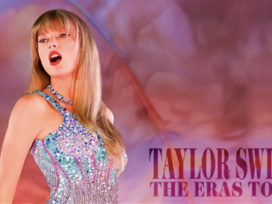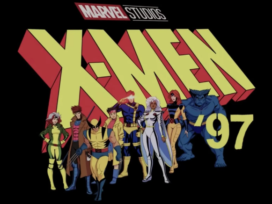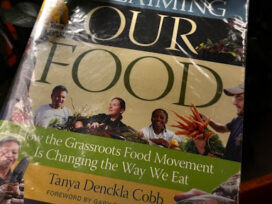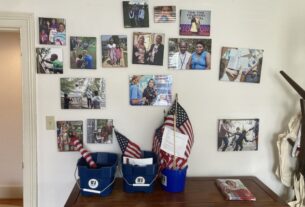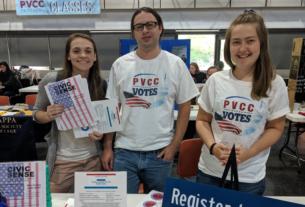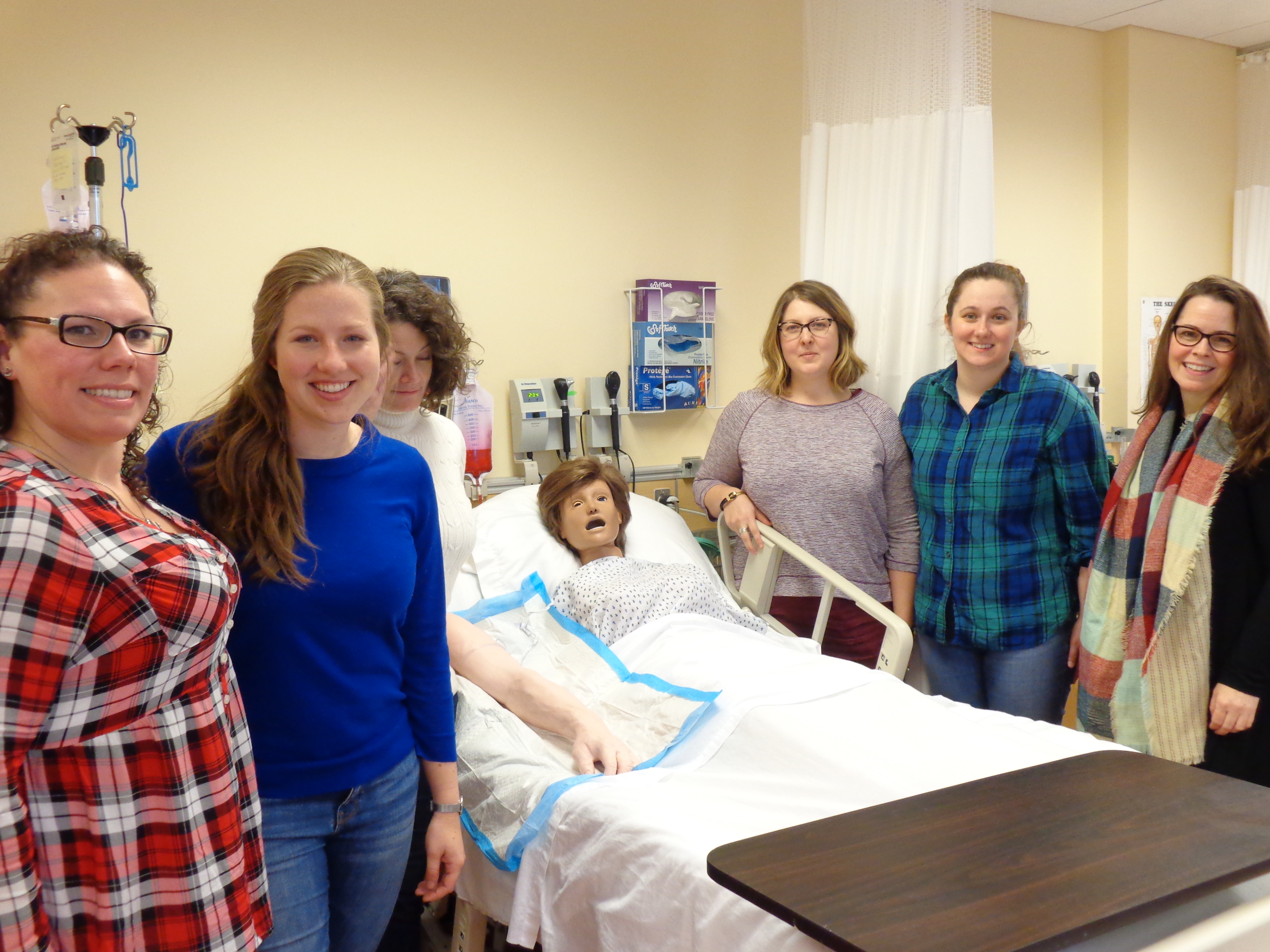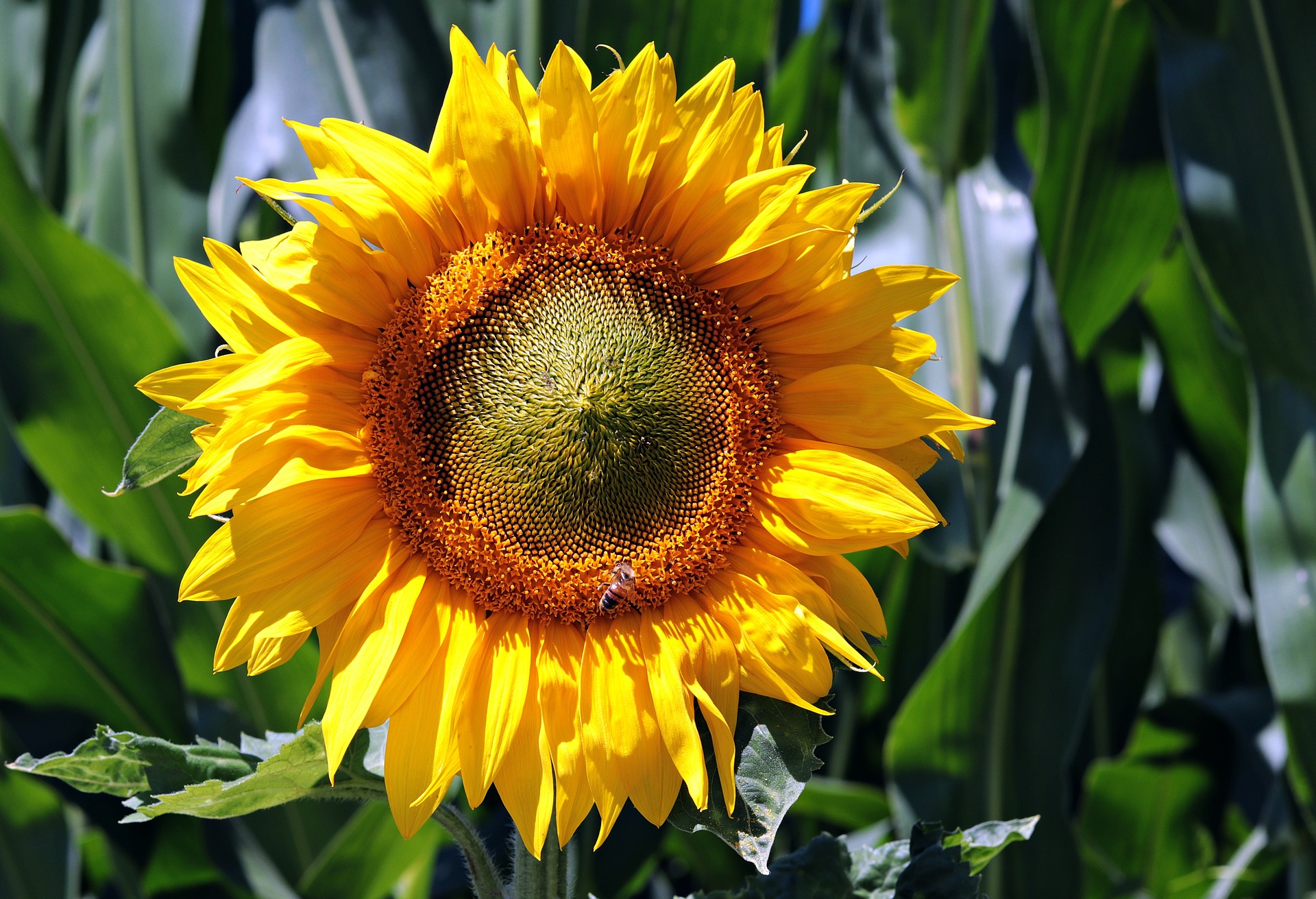
Putin’s Invasion: Sunflowers Bathed in Blood
The University of Virginia Center for Politics organized a talk, “Crisis in Europe: The Russian Invasion of Ukraine,” held on Feb. 25 to talk about the recent events in Russia and Ukraine.
As many people know Russia invaded Ukraine early Feb. 24 and have continued to wage war against Ukraine’s soldiers and civilians alike since then. According to a Washington Post article “Civilians are dying in Ukraine. But exactly how many remains a mystery,” it is hard to tell how many Ukrainian citizens have died, but “The U.N. office said Saturday that it had documented 240 civilian casualties, including at least 64 dead, while acknowledging that was almost certainly an undercount.” These civilian casualties are only from the first three days of this conflict and most likely underestimated.
UVA’s hosted talk went from 3-4 p.m. on Feb. 25 over webinar. It was an online panel discussion with the moderator Chris Krebs, resident scholar for UVA Center for Politics, and two discussion panelists, Dr. Alina Polyakova, president and CEO for the Center for European Policy Analysis (CEPA), and Professor Jeff Rossman, director of UVA Center for East European and Eurasian Studies.
The livestream Webinar was held by The AV Company. As the discussion started and everyone was introduced, the number of people watching grew from 100 to soon almost 900 people watching.
They started their discussion by exploring Russia and Ukraine’s history together and the past that built up to this war. They touched on the collapse of the Soviet Union in 1991, the North Atlantic Treaty Organization’s (NATO) expansion, and the Russo-Ukrainian War where Russia invaded parts of Ukraine in 2014.
Ukraine gained independence from the Soviet Union in 1991, following its dissolution, but Krebs said that Russian President Vladimir Putin never saw it that way. Krebs said that Putin “talked about Ukraine as if it wasn’t a real country.” Putin still sees Ukraine and its people as part of Russia even though they are their own country with their own flag, laws, and government.
Rossman said that NATO’s expansion could have caused Russia to fear the blanket of protection NATO was creating. He said that Putin has “anger at Russian weakness.” Polyakova added that Putin’s end goal is probably to create a “sphere of influence” and control for Russia, a sphere where Russia expands and controls all those around and within itself where other countries can look to Russia for help and power. But Ukraine is not willing to bend down to Putin’s power and influence; they are willing to fight for their country and people.
The last part of the discussion was about cybersecurity and cyberattacks. Krebs, who said he “recently served as the director of the US cybersecurity and structure security agency in the US government,” said Russia has the capability to effectively attack Ukraine’s cyber systems and make them go dark to the rest of the world. But Russia has not done this, and he explained a probable reason for that being that Putin wants everyone to see Russia’s might.
If that is the reason, it has backfired tremendously. They mentioned how many stories of strength and determination have come from Ukraine. One story they mentioned was written about in an article titled “Ukrainian Woman Confronts Russian Soldiers, Hailed As ‘Fearless’” about a Ukrainian woman. She went up to a Russian soldier and asked why he was there and then said, “Take these [sunflower] seeds and put them in your pockets, so at least sunflowers will grow when you all lie down here.” The sunflower is Ukraine’s national flower.
A Russian citizen wrote on Instagram that many of Russia’s people do not want this war either. Writing that it is all because of an “insane old man” hungry for power and control not because of the will of Russian people. They urged people to support Ukraine in any way possible but expressed their fear at actively helping Ukraine themselves. They said many people feel powerless in Russia because any resistance against Putin’s regime may be met with brutal consequences. They wrote, “The truth is a crime in Russia.”
Many Russian citizens agreed that this war is senseless and wanted to voice their opinions. There have been protests in Russia, and according to The Guardian, over 1,800 Russian protestors have already been arrested. In The Guardian article called “Prominent Russians join protests against Ukraine war amid 1,800 arrests” it said, “Hours after Putin announced the military operation, protests broke out on the streets of Moscow and St Petersburg and more than 50 other Russian cities on Thursday evening.” The article wrote that many Russians stated their hate for this war and “feel it is their duty to speak out whatever the consequences.”
There is another discussion about Russia and Ukraine being hosted through webinar on Thursday March 3 from 3-5 p.m. It is called “Home and Abroad Public Forum: U.S.-Russia Relations,” and it is being presented by the Council on Foreign Relations. It has speakers Ivo H. Daalder, Fiona Hill, and Mary Elise Sarotte as well as the President of the Council on Foreign Relations Richard Haass as the presider. It is a free event but anyone looking to watch or join in on the Q&A part of the discussion needs to register through “Home and Abroad Public Forum: U.S.-Russia Relations” online.
In the UVA webinar talk, they said that the stories are in Ukraine’s favor from bombed kindergartens, to people rushing into Ukraine to help, to a single woman handing a soldier some sunflower seeds. But this is not solely about stories; this is about war and hundreds upon hundreds of lives that can change as easily and as fast as plucking a flower petal.
According to the Washington Post article “In Video, a Defiant Zelensky Says, ‘We Are Here,’” Ukrainian President Volodymyr Zelenskyy said, “Our army is here, our civil society is here, we are all here … We are defending our independence, our state, and we will continue to do so.”

